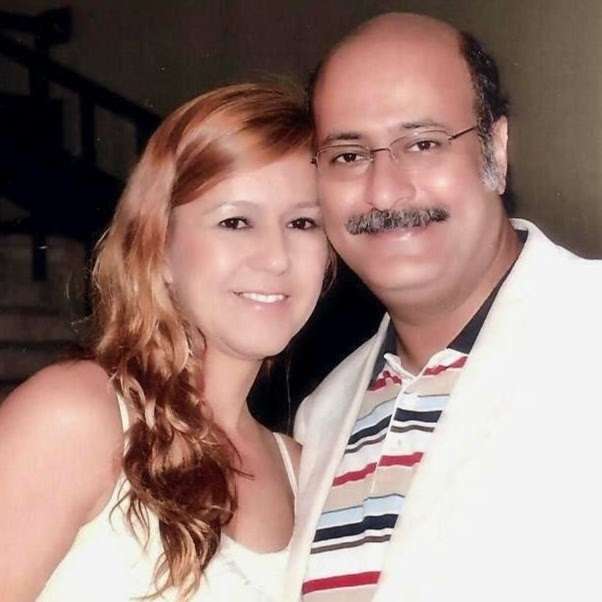by Sherif Awad
I accepted the invitation to serve as an international jury member of the Feature competition for the second time in three years at the 37th Durban International Film Festival (16-26 June), a/k/a DIFF, with great anticipation due to the opportunities to view new films for pre-selection at Egyptian festivals over the next few months. However, during my two trips back and forth to Cairo, I became concerned about safety at international airports, especially after the EgyptAir’s recent accident. Unfortunately, my worries became a tragic reality as two terror-related accidents recently took place: one at a Madagascar stadium and another at the Istanbul airport, as I wrote those lines.
But let’s go back to this year’s DIFF, which included slightly less than half of all the films originating from Africa and South Africa; much of the rest of the program dealing with diaspora issues and identity politics. About one hundred feature films were shown: 50 African films and 24 South African in addition to 90 short films, the majority of which were African and South African.
Key titles screened, but not in competition, included As I Open My Eyes, a powerful personal tale told on the eve of Tunisia’s Jasmine Revolution and Naked Reality, the latest film from provocative filmmaker Jean-Pierre Bekolo who imagined Africa 150 years from now growing into one big metropolis.
As for the main international feature competition, my jury colleagues were: the 29-year-old Filipino producer Bianca Balbuena, whose latest film A Lullaby to the Sorrowful Mystery, was an eight-hour-long feature screened at Berlinale’s competition last February; Kenyan-born and Ugandian-based Fibby Kioria, director of Maisha Foundation; and last but not least the veteran South African film critic and curator Trevor Steele Taylor who currently the film curator of Grahamstown National Arts Festival.
We decided to award the Best Feature Film to The Violin Player directed by Bauddhayan Mukherji. This Indian film revolved around a failed violinist who is approached by a mysterious filmmaker to play the music for his new film at an abandoned building. The film successfully weaves offbeat editing, brave cinematography, simple screenplay, and many surprising elements reminiscent of early Roman Polanski’s films.
The award for Best Actress went to Christia Visser for her performance as the title character in Tess directed by Meg Rickards, a documentary South African director who is making her feature debut. Visser could be also the next South African actress to follow Charlize Theron on the international scene, given her incredible performance in this challenging and complex role as a prostitute whose life is turned upside down when she becomes pregnant. The film shows, in a very graphic yet realistic approach, how sex workers are victims of psychological and physiological violence by men who desire their services whether a woman says yes or no.
The awards for Best Direction went to Ciro Guerra for Embrace of the Serpent. The film also won Best Screenplay for Guerra and Thoedor Koch-Grunberg. Winner of the top Director’s Fortnight Award at Cannes and Colombia’s submission to the Oscars in the Best Foreign Film category, this strong Colombian film, in the vein of Apocalypse Now and Heart of Darkness, tells the story of two connected journeys on two timelines. German scientist Theodor and American plant enthusiast Richard Evans Schultes, are seeking the Yakruna plant to learn understand its powerful ability to heal. The two explorers are accompanied by the Amazonian shaman Karamakate (Niblio Torres plays him as a young man and Antonio Bolivar as the elder). Shot in beautiful black and white, the technique forces the viewer focus on the characters and not the beautiful forests. It is the first film to be shot on location in the Amazon in thirty years.

